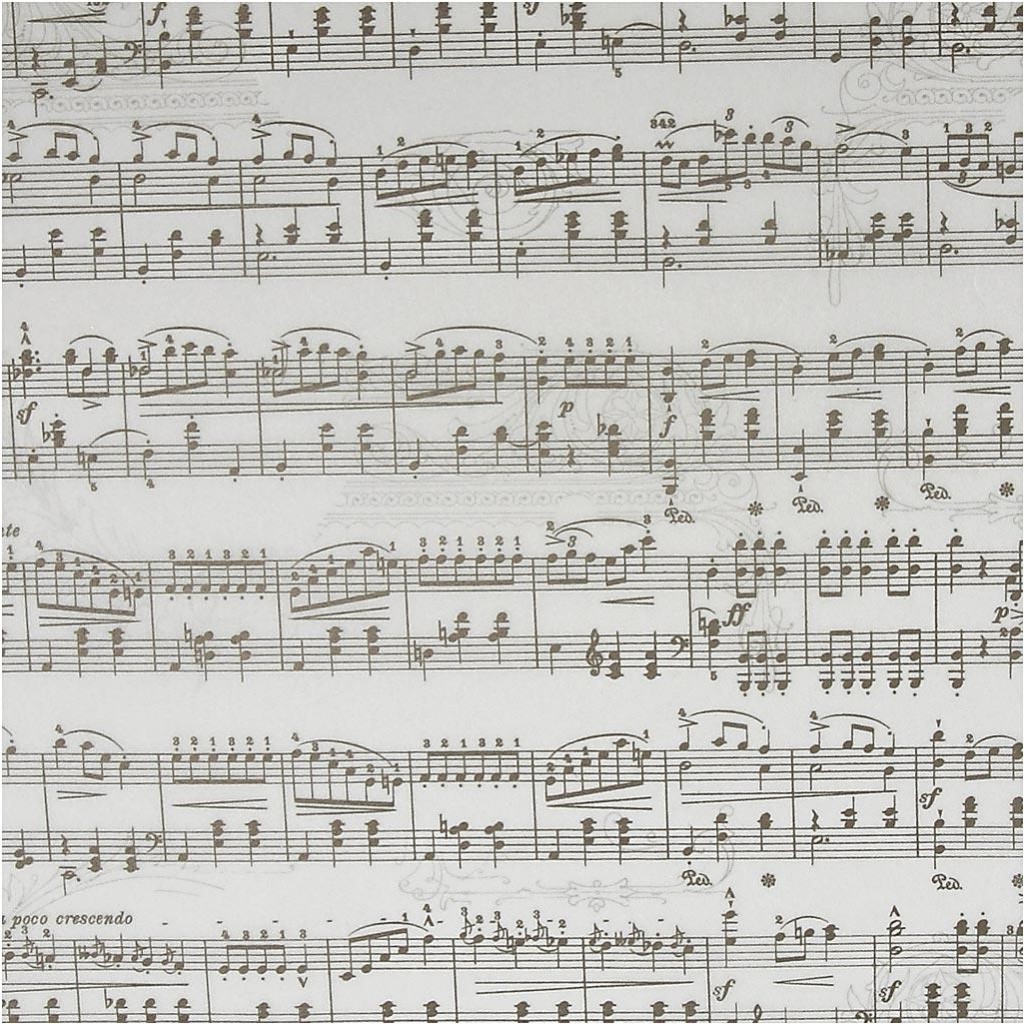The second module in DBT is Distress Tolerance – strategies to use in situations that feel unbearable. These skills are supposed to be reserved for crisis situations, not for every day, ongoing problems. A crisis situation would be one that is short term and stressful, creating intense pressure to resolve it now. Here is a quote from Marsha Linehan, PhD. (creator of DBT) found on the dbtselfhelp.com website…
 “DBT emphasizes learning to bear pain skillfully. The ability to tolerate and accept distress is an essential mental health goal for at least two reasons. First, pain and distress are a part of life; they cannot be entirely avoided or removed. The inability to accept this immutable fact itself leads to increased pain and suffering. Second, distress tolerance, at least over the short run, is part and parcel of any attempt to change oneself; otherwise, impulsive actions will interfere with efforts to establish desired changes.”
“DBT emphasizes learning to bear pain skillfully. The ability to tolerate and accept distress is an essential mental health goal for at least two reasons. First, pain and distress are a part of life; they cannot be entirely avoided or removed. The inability to accept this immutable fact itself leads to increased pain and suffering. Second, distress tolerance, at least over the short run, is part and parcel of any attempt to change oneself; otherwise, impulsive actions will interfere with efforts to establish desired changes.”
So, distress tolerance strategies are designed to help in the immediate such that bad choices don’t cause long term consequences.

There are three reactions to distress:
1 Hyperarousal – overreactions,
lack of emotional control, too
much energy, mind racing
2. Tolerance – using distress tolerance strategies to cope
3. Hypo-arousal – lethargic, no emotions/numb, too little energy
or motivation, depression
At ACCFS we talked about the “therapeutic window” or, as this illustration shows, the “window of tolerance.” We talked about how to recognize when I’m headed toward the top or bottom or already there. We talked about ways that worked for me to tolerate different situations, accept what what was happening, and cope well. I plan to share the DBT strategies that we were taught (at ACCFS and) at Timberline. It’s unrealistic to expect to be centered all the time, so the goal is to recognize when we’re not and know how to come back, because It’s in the therapeutic window that healing can take place.


Great thoughts! Thanks for sharing.